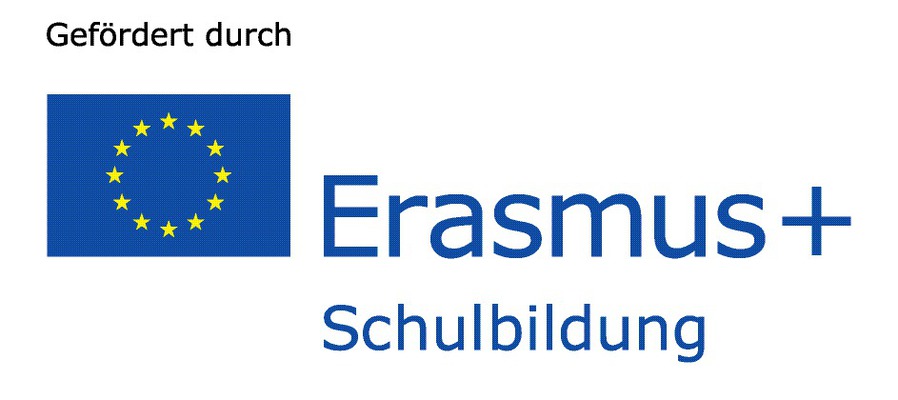


Disclaimer: This project has been funded with support from the European Commission. The project reflects the views only of the authors, and the Commission cannot be held responsible for any use which may be made of the information contained therein.
“Living Values – We for Europe – Europe for us”:
Intercultural and social responsibility as a contribution to the European education for democracy and vocational integration
Background and goals:
In times of populist manipulation of the public opinion and questioning of the European and democratic achievements, we see the need for a project among partners which improves the social and intercultural abilities (including foreign languages), of our students and which strengthens our civil society. It is the goal that our students will develop to responsible, active European citizens, and that it will be easier for them to get access to the European field of education and business. Both aspects are understood important for a succeeding democratization and Europanization.
Participants:
The project is designed for secondary school level II students. About 40 students participate actively in the transnational learning activities. Additionally, all students of secondary school level II and a large number of students of other levels (class 9 and 10) participate in learning and project activities within the institutions. In the extended work on the project, about 20 participating teachers are involved, who, according to their core competences, take different responsibilities (e.g. project management, carrying out activities, evaluation, monitoring, distribution and publication of results). The core team comprises six teachers.
“Scrutinize values”:
The connected conveyance of democratic-liberal and social values and the contextualization of a value system in its historical and current development will be integrated in both, curricular and extra-curricular lessons, as well as in visits of extra-curricular places such as “Auschwitz” or “Bollendorf – Stolpersteine”. The theme will be connected with the students’ lifeworld, as the students will develop an opinion poll on the subject “Values of Young People”, which they will carry out in their schools. The results will be evaluated and compared throughout the participating countries.
“Living Values": We for Europe – Europe for us:
We follow an approach of task-based learning which leads the theoretical basics into the students’ lifeworld. The students develop presentations with examples of their social and democratic responsibility in school and parish, which they present in an international frame. In a further international project, they develop new projects of social activities, which the carry independently in their schools and parishes. The conditions and requirements of a succeeding European cooperation will be evaluated and the causality between a social participation and a responsible European citizenship will be demonstrated. A photography exhibition that will be opened durin a further international product activity, will document the projects of participation and convey social
esteem which encourages students to participate in further activities. Experts, such as politicians and citizens who are active in social matters will contribute further lectures.
“Europe for us”:
We understand the second aim, to facilitate the vocational integration of our students, as a contribution to promote the national as well as the European citizenship. The integration of socially and interculturally sensitive employees guarantee respect an openness and thus, in the long run, contribute to a democratic Europanization. The importance of intercultural, social and foreign language skills as key skills will become obvious through vocational orientation measures. In a transnational activity, the students develop international application forms, in which they include their project experiences.
“Sustainable added value”:
The transnational concept of our project realizes a European added value, as it reacts on the necessity not to consider European achievements as given, but to understand them as a common European task. The rise of social and democratic participation strengthens the society before the background of free, democratic values. For the Institutions, the sustainable goal is pursued to promote the curricular development for the students in the fields of social participation, a Europanization of vocational orientation and European networking. The improvement of vocational integration will have a sustainable impact on the students’ educational and working life biographies. It will promote positive opinions of the opportunities a united Europe can offer. Future employers and secondary educational institutions will benefit from this development.